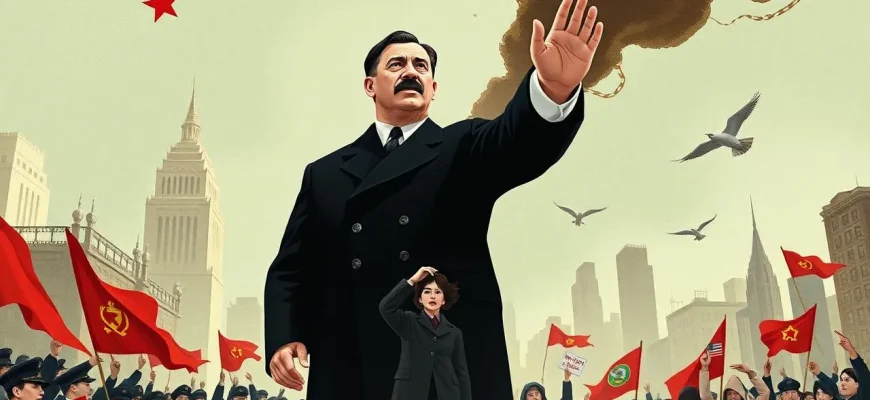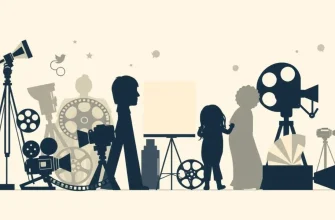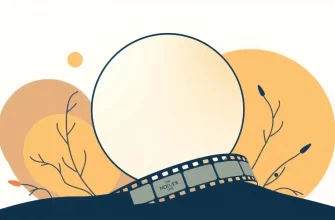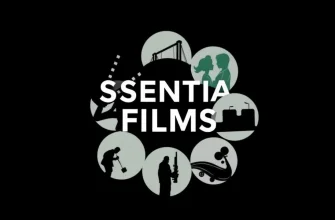This curated collection of films delves into the complex world of dictatorships, offering viewers a chance to explore the psychological, political, and social dimensions of absolute power. From historical dramas to satirical comedies, these films provide a multifaceted look at how dictators rise, rule, and often fall, shedding light on the human condition under authoritarian regimes. Whether you're a history buff, a political science enthusiast, or simply a lover of compelling storytelling, this selection promises to be both enlightening and thought-provoking.
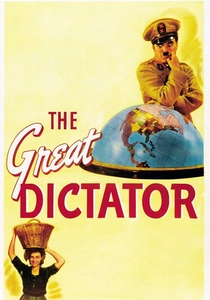
The Great Dictator (1940)
Description: Charlie Chaplin's classic satire where he plays both a Jewish barber and Adenoid Hynkel, a parody of Adolf Hitler, highlighting the absurdity and horror of fascist regimes.
Fact: This was Chaplin's first true talking picture, and he was criticized for making a comedy about such a grave subject during WWII.
 Watch Now
Watch Now
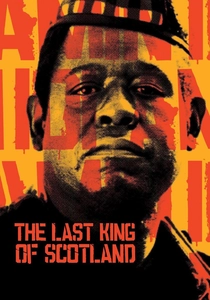
The Last King of Scotland (2006)
Description: This film explores the life of Ugandan dictator Idi Amin through the eyes of a young Scottish doctor, showcasing the brutality and charisma of a real-life tyrant.
Fact: Forest Whitaker won an Academy Award for Best Actor for his portrayal of Idi Amin.
 Watch Now
Watch Now
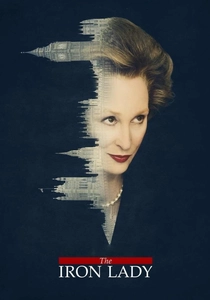
The Iron Lady (2011)
Description: Meryl Streep stars as Margaret Thatcher, exploring her rise to power and her controversial policies, offering insight into the personal and political life of a leader often compared to a dictator.
Fact: Streep won an Oscar for her performance, making her the first actress to win two Oscars for playing the same character.
 Watch Now
Watch Now
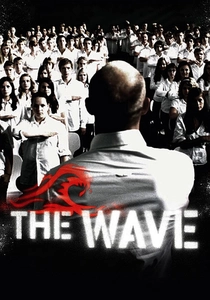
The Wave (2008)
Description: A German film where a teacher's experiment to demonstrate how fascism can take hold in a democratic society goes awry, showing how easily people can be swayed by authoritarianism.
Fact: The film is based on a real-life social experiment conducted in the U.S. in
 Watch Now
Watch Now
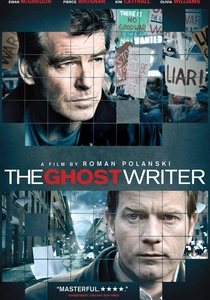
The Ghost Writer (2010)
Description: A political thriller where a ghostwriter uncovers dark secrets about a former British Prime Minister, hinting at dictatorial tendencies in democratic leaders.
Fact: The film was inspired by real-life political figures, though not explicitly named.
 Watch Now
Watch Now
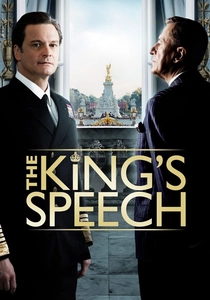
The King's Speech (2010)
Description: While focusing on King George VI, the film subtly explores the pressures of leadership and the expectations placed on rulers, paralleling the challenges faced by dictators.
Fact: The film won four Oscars, including Best Picture.
 Watch Now
Watch Now
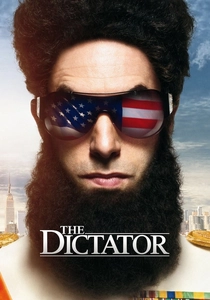
The Dictator (2012)
Description: Sacha Baron Cohen stars as a fictional dictator of the fictional country of Wadiya, offering a satirical take on real-life dictatorships with a mix of humor and critique.
Fact: The film was banned in several countries due to its controversial content. Cohen's character was inspired by several real-life dictators.
 Watch Now
Watch Now
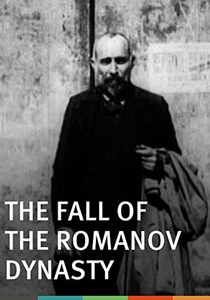
The Fall of the Romanov Dynasty (1927)
Description: A Soviet silent documentary film that chronicles the last days of the Romanov family, offering a historical perspective on the end of autocratic rule in Russia.
Fact: The film uses actual footage from the time, making it a valuable historical document.
 30 Days Free
30 Days Free
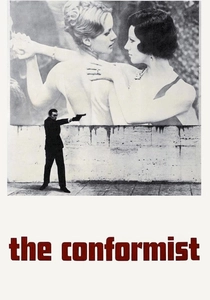
The Conformist (1970)
Description: Set in fascist Italy, this film follows a man who becomes an agent for Mussolini's regime, exploring themes of conformity, power, and betrayal under a dictatorship.
Fact: The film's cinematography and style have influenced many directors, including Francis Ford Coppola.
 30 Days Free
30 Days Free
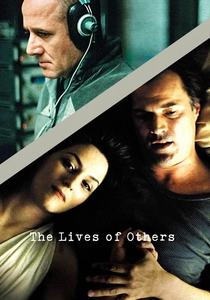
The Lives of Others (2006)
Description: While not directly about a dictator, this film portrays life under the surveillance state of East Germany, reflecting the oppressive atmosphere created by dictatorial regimes.
Fact: The film won the Academy Award for Best Foreign Language Film.
 30 Days Free
30 Days Free

